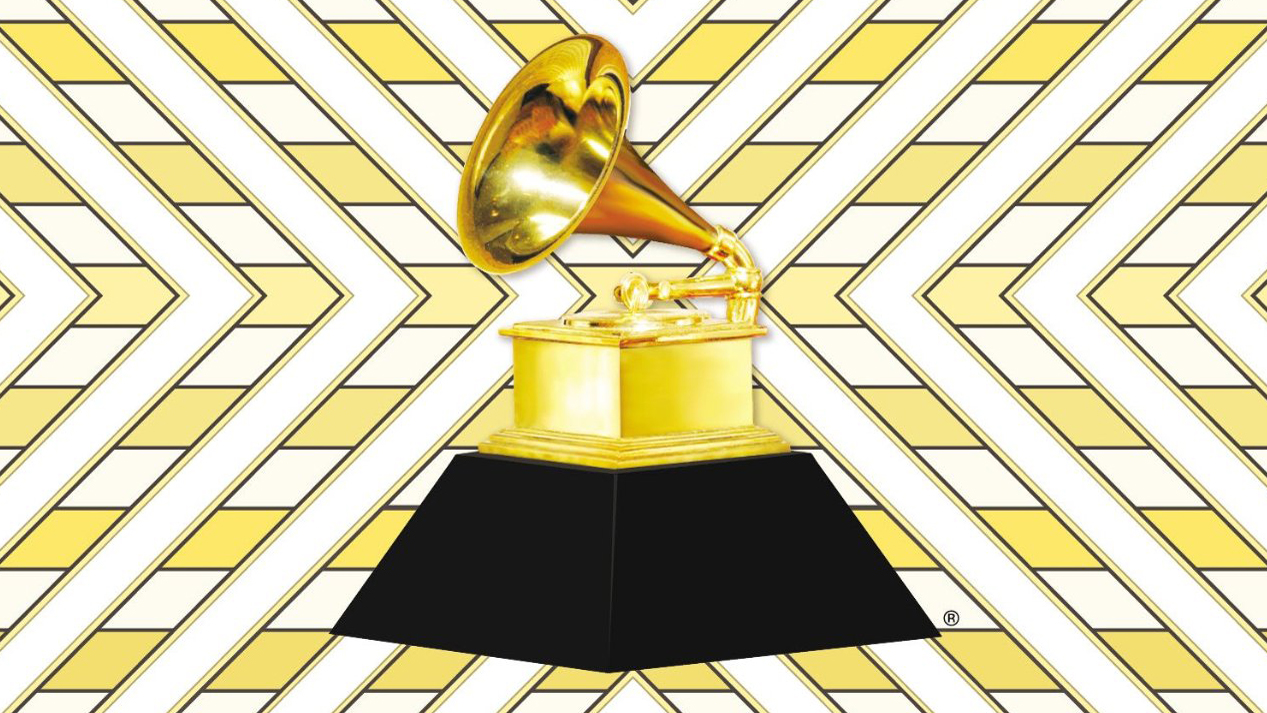The Grammys are here to stay, whether we like it or not. Despite their contested merit, almost twenty million people watched from their homes on Sunday night. Though nominees can receive applause, a tiny gold gramophone, and the clout that comes with being a Grammy winner, the broadcast is more important than the awards themselves these days. And while these awards rarely get it right, the Grammys are supposed to represent the current state of our music industry and culture.
Notably, however, when women are constantly diminished or held to absurd standards—working against systemic misogyny, not to mention the eloquent call from Grammy president Neil Portnow for women to “step up” following the 2018 awards—the Grammys become a reinforcer of all the rampant abuse and mistreatment female artists have suffered.
After last year’s Lorde incident—she was the only woman nominated in 2018 for Album of the Year, and oddly enough, the only artist not asked to perform at the ceremony—the Grammy academy has been pandering to political correctness without literally following through. I was more than skeptical before watching this year; the 2019 Grammys were stacked with female performances and nominations, which felt like a possible way to distract us from the real problems at hand. One cannot simply bandage the wound without understanding and discussing its cause.
The show hadn’t even aired and the drama was lit. Ariana Grande dropped out of her headlining performance, not because she wasn’t prepared, as show producer Ken Ehrlich claimed, but rather because she was asked to perform specific songs and not to perform others. Her artistry and agency felt compromised—an ongoing issue for female artists (and, needless to say, artists of color). On top of this, Drake, Kendrick Lamar, and Childish Gambino declined to perform; the latter two didn’t even show up at all. Ehrlich’s dignified response? “When they don’t take home the big prize, the regard of the academy, and what the Grammys represent, continues to be less meaningful to the hip-hop community, which is sad.”
All that being said, the Grammys were not a complete shitshow this year. Although the pressure to be politically correct and proportionally progressive was strong, the live performances championed female talent and admiration. An iridescent, tear-jerking production by Kacey Musgraves was followed by the spunky flash of Janelle Monáe. Then there were tributes to icons Dolly Parton and Diana Ross—the former cushioned with a stacked accompaniment, and the latter icon paying tribute to herself by herself. Cardi B, as always, delivered an empowered and flaunting performance (plus she was the first solo female artist in Grammy history to win Best Rap Album). I lived to watch Lady Gaga howl “Shallow,” and retweet the flood of memes that followed. Aside from horribly cheesy lyrical projection, Brandi Carlile absolutely destroyed her performance of “The Joke” with grit and fervor. And don’t even get me started on the Dua Lipa and St. Vincent medley: the sexual tension and synchronicity were intoxicatingly palpable. It was unexpected, but necessary—honestly, I’m getting hot and bothered just remembering it. All that joy and collaboration felt radical.
Short hair don’t care ?? @St_Vincent and @DuaLipa take the stage together at the #GRAMMMYs!!! pic.twitter.com/Mvb02Q8n90
— Mike Adam (@MikeAdamOnAir) February 11, 2019
Society loves pitting women against each other. Even the slightest tweets from Ariana Grande got some people pissed, ready to battle for Cardi B’s win; while Grande was merely mourning the loss of what could have been her ex-boyfriend Mac Miller’s posthumous Grammy win, not dissing Cardi. Amidst Ariana’s grief and trauma, pitting the two against each other is not what should’ve been happening. Let Ariana, and many others, feel sad and angry; let Cardi rejoice in her victory and tongue-kiss Offset.
All of this is to say that women were really feeling themselves at the 2019 Grammys. And this is not because they stepped up—although probably they were fired up, politically and emotionally—it was because they were finally given the stage and the solidarity of their fellow artists. This year’s Grammys had nothing to lose. It’s as if Neil Portnow had to fuck it up at the end, only to remind us how much we still have to improve upon. The Grammy prez, who is stepping down this year (ironic, considering he told girls to step up last year) came onstage to deliver his farewell speech. Instead of, I don’t know, apologizing and speaking to the academy’s on-going inequality problems and the marginalization of POC artists, Portnow revealed himself to be someone who only learns to articulate himself after screwing up. (And even then, Portnow didn’t articulate himself particularly well.)
“Thank you to all the artists who performed on the Grammys’ stage, who both by fate and intention, represent a remarkable and diverse group, including some of the most thrilling, new, and legendary female voices of our times. And to me, that only feels right,” he said. I’m sorry: was Portnow mansplaining the legitimacy of all the women in that room to them, in real time? This moment is yet another endorsement for men with outdated notions to start stepping aside. Let someone take the reigns with a different perspective—maybe not another old white male? All this aside, Portnow’s reign is ending in July, a progression that will mark either a return to business as usual, or a revolution of representation. Hey Michelle, any thoughts? FL







